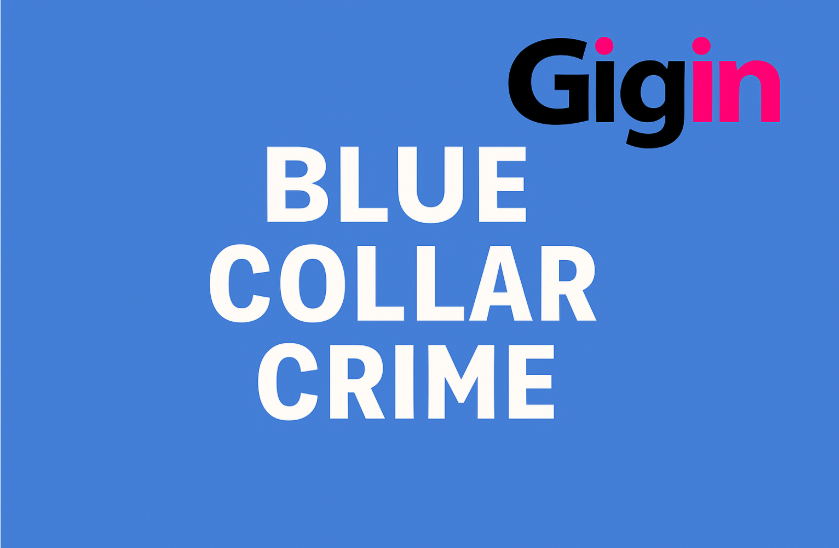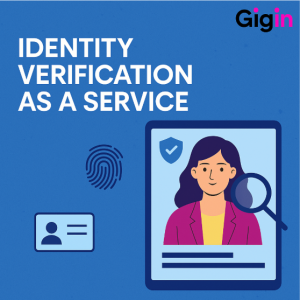Blue collar crime refers to criminal activities typically committed by individuals from working-class backgrounds. These crimes are often direct, physical, or visible, unlike white-collar crimes, which are usually financial and non-violent. Common examples include theft, assault, vandalism, burglary, and drug-related offenses. Blue-collar crimes are usually driven by financial need, social pressures, or lack of employment opportunities.
Table of Contents
What is a Blue Collar Crime?
Blue collar crime refers to offenses typically committed by individuals in manual labor or working-class occupations. These crimes are generally more visible and hands-on compared to white-collar crimes, which tend to involve fraud or financial manipulation. Blue collar crimes often arise from immediate personal or financial pressures, and they are usually prosecuted under criminal law. These crimes can range from minor infractions to serious offenses, and they frequently occur in everyday environments, such as workplaces, neighborhoods, or public spaces. Check some examples of blue collar crime below:
- Theft or Burglary: Stealing items from a workplace, home, or store.
- Assault and Battery: Engaging in physical violence during disputes or altercations.
- Vandalism: Damaging property, such as graffiti on walls or breaking windows.
- Drug Possession or Trafficking: Being caught with illegal substances or involved in their distribution.
- Shoplifting: Taking items from retail stores without paying.
Blue collar crimes often involve a direct victim and may result in visible damage or injury. Because of this, they are typically easier to detect but can be just as disruptive, especially in employment and operational settings.
Check Here: Global Database Check
Use Cases: When Understanding Blue Collar Crime Becomes Crucial
Understanding blue collar crime is vital in several real-world scenarios that affect both public safety and business operations. These crimes often occur in local communities and can lead to increased insurance claims, workplace threats, and criminal background concerns during hiring processes. Here are some key situations where recognizing and preventing blue collar crime is essential:
- Recruitment background checks for labor-intensive industries like manufacturing, warehousing, and construction.
- Workplace safety planning for high-risk environments.
- Retail and inventory control to detect and prevent theft or shoplifting.
- Tenant screening by property management firms in residential communities.
- Law enforcement analytics to predict and prevent high-risk zones.
The Risks of Ignoring Blue-Collar Crime Patterns
Ignoring or underestimating blue collar crime can lead to serious repercussions for both individuals and organizations. These risks can escalate over time if not addressed properly. Here’s why it matters:
- Higher workplace theft and losses are due to insufficient employee vetting.
- Increased liability and insurance premiums after repeated incidents.
- Reputation damage occurs when crimes are associated with employees or locations.
- Reduced public trust and safety concerns in service-based industries.
- Legal penalties or business sanctions for non-compliance with background verification norms.
Check Here: 10 Panel Drug Screening
Verifyin by Gigin: Your Shield Against Blue-Collar Crime Risks
Verifyin by Gigin provides a smart, scalable, and AI-powered background verification platform that helps organizations identify risks related to blue-collar crimes. With real-time access to police records, court filings, employment history, and criminal databases, we help you make informed hiring and partnership decisions. Here’s how we ensure maximum protection:
- AI-powered background checks for fast and accurate reporting.
- Access to criminal records, FIR databases, and legal alerts.
- Customizable verification plans based on job role or location.
- Real-time monitoring and flagging for ongoing employee risk assessment.
- Automated workflows that reduce manual screening overhead.
FAQs
Is blue-collar crime always violent?
No. While many blue collar crimes involve physical actions like theft or assault, they are not always violent. Vandalism or petty theft are non-violent but still fall under this category.
Why is blue collar crime relevant in hiring?
It is crucial to assess a candidate’s criminal background, especially for roles involving trust, physical access to inventory, or customer interaction. It helps reduce risk and improves workplace safety.
How does Verifyin check for blue collar crime involvement?
Verifyin by Gigin runs real-time checks against national and state police records, court databases, and public safety logs to detect any past involvement in criminal activity.
Can blue collar crimes be removed from a person’s record?
In some jurisdictions, minor offenses can be expunged after a period of good behavior, depending on the legal system. However, serious crimes typically stay on record permanently.
Why choose Verifyin by Gigin for blue-collar crime verification?
Because we offer AI-driven, scalable, and fully compliant background checks with real-time alerts, multi-format reporting, and an intuitive dashboard that simplifies hiring and risk decisions.













